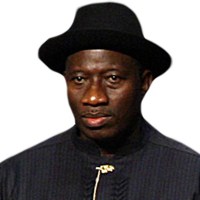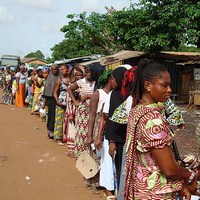
Nigeria could be a dominant political force and engine for economic development in Africa and beyond. It has a large population with a highly educated professional class. Its proven petroleum reserves are the world’s 10th largest. And its military is one of the largest in sub-Saharan Africa, with extensive experience in multinational peacekeeping. Unfortunately, though, Nigeria’s problems run as deep as its potential. It has suffered some of the most rapacious and persistent government corruption in the world. Nigerian leaders, both military and civilian, have stolen untold billions while the nation sinks deeper into poverty. Many Nigerians use their impressive […]











